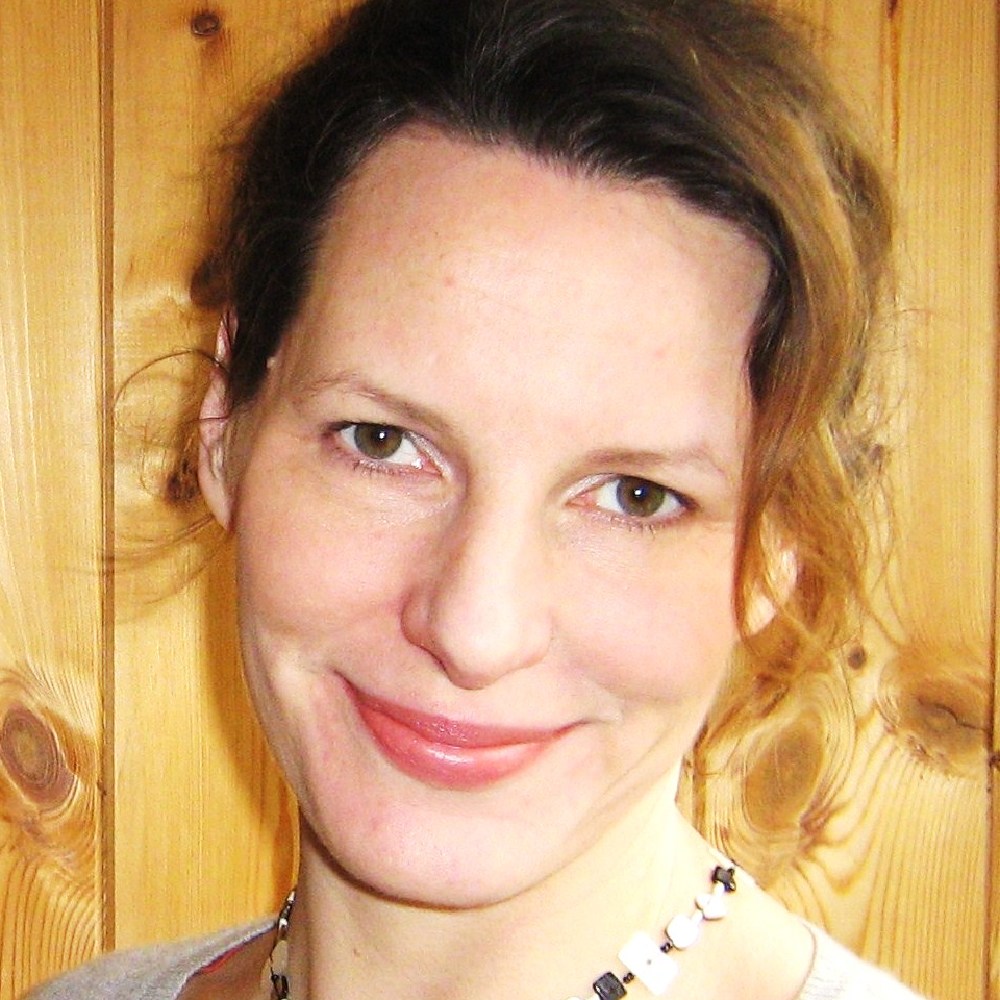I fainted during the sex education talk at secondary school. True fact. Adolescence is full of embarrassments, but that one stands out. One of the characters in my latest novel also faints at school, though under different circumstances, so I managed to make use of the experience in the end.

Ali Mercer
Back in the mid-90s, I spent a year or so working as a reporter for The Stage newspaper. I learned a lot from that job, including the power of a deadline and how someone can give you completely misleading information but sound as if they’re telling you the whole truth and nothing but the truth. (I also found out what it takes to be in a successful Spice Girls tribute band.)

I wrote my very first novel when I was at primary school, in a series of Silvine exercise books sewn together with a cardboard cover stuck on, so that it looked a bit like a hardback (or so I hoped). It was called Solitude, which was probably the longest and fanciest word I could think of, and was Illustrated by the Author (I wrote that on the cover, near the title). I loved books and longed to be a writer, though it also seemed like a highly unlikely thing to want to be, like dreaming of becoming an astronaut or a ballerina. I would have been absolutely astonished (and beyond thrilled) to know that I’d have a real novel published one day.

My son, who is twelve, is autistic, and was formally diagnosed when he was four. That’s been a big learning curve for me (ongoing).
My second attempt at a novel was a family saga written when I was in my teens, which was read by some of the girls at my school. They thought I should put more sex in it. I pointed out that I didn’t have a whole lot of experience to go on. Someone helpfully suggested nicking sex scenes from other books. (I didn’t. Artistic integrity all the way.)
I grew up in an all-female family, as my parents split up when I was little and my dad lived overseas, so I didn’t see him all that often. I think that’s part of what draws me to telling stories about the resilience of women in difficult situations.
One of the first books I fell in love with when I was little was the Ladybird Cinderella, and the Disney Cinderella was the first film I remember seeing at the cinema. (Spoiler alert.) One scene that made a big impression on me was when the wicked stepmother and the ugly sisters ruin Cinderella’s dress. It was her dead mother’s dress! The little mice sang while they sewed it for her! What really gets to me (even now) is the casual cruelty with which they destroy something that was made with so much love. It’s always so much easier and quicker to wreck something than it is to create something. (In the film, Cinderella runs out into the garden in her torn dress and sobs all alone while the little mice look on. Then the Fairy Godmother appears. Magic!)
Most of my writing happens at the kitchen table, either early at the morning or late at night, when everybody else is asleep and the house is completely quiet.
I live in Abingdon in Oxfordshire, the oldest town in England (there are some other contenders too though, I believe). The first time my husband and I came to look round, we saw morris dancers and snow falling in the market square as we arrived. Sold! That was fifteen years ago. We moved here soon afterwards and have loved living here ever since. Some of the settings in my latest novel are loosely inspired by parts of Abingdon.
*whispers* I sometimes peek at the end of books before I get to them. I know. I KNOW. It’s a really bad habit. But sometimes it’s just unbearably tempting. After all, there aren’t that many times in life when you can find out what’s going to happen before you get there.


